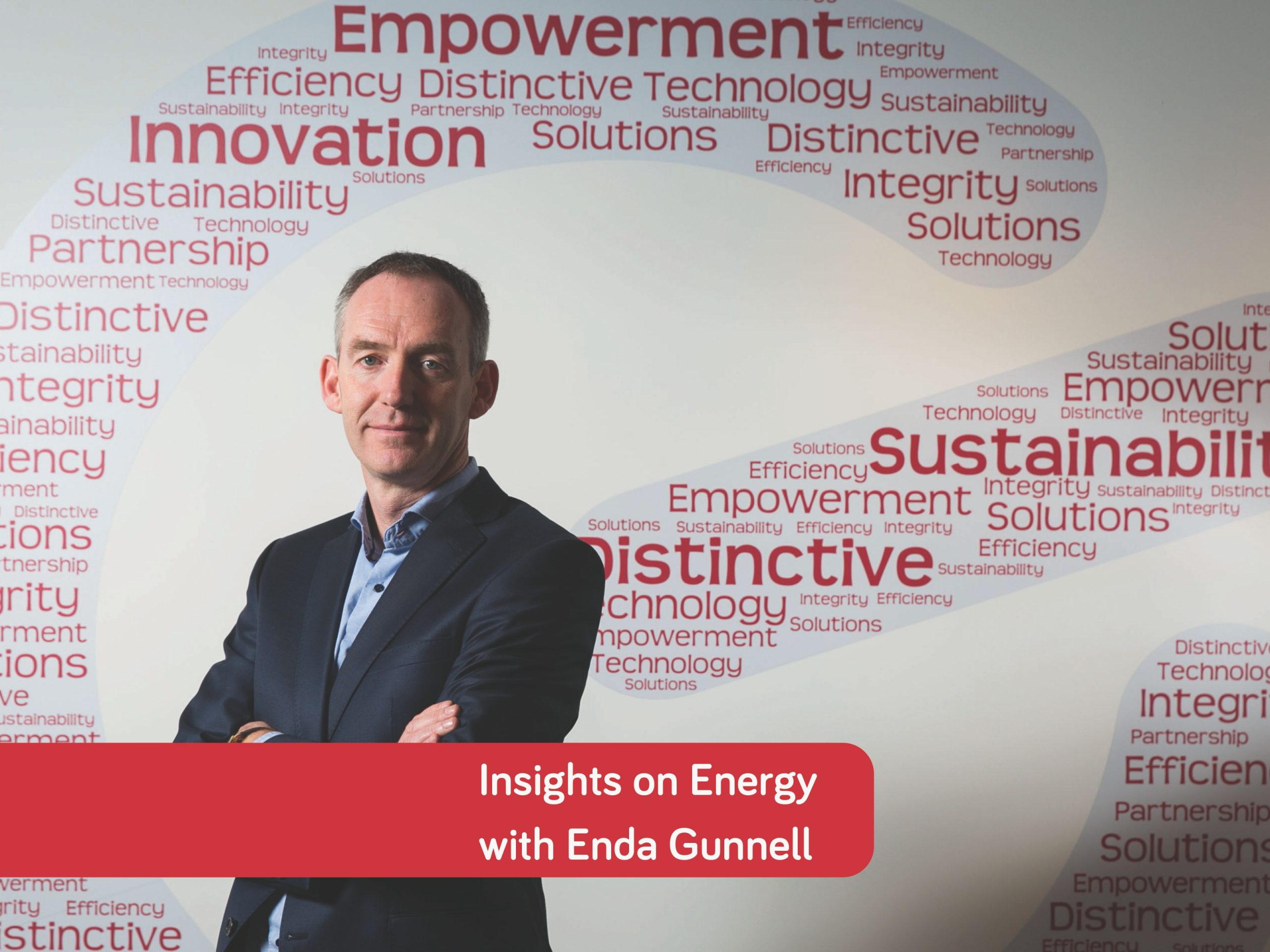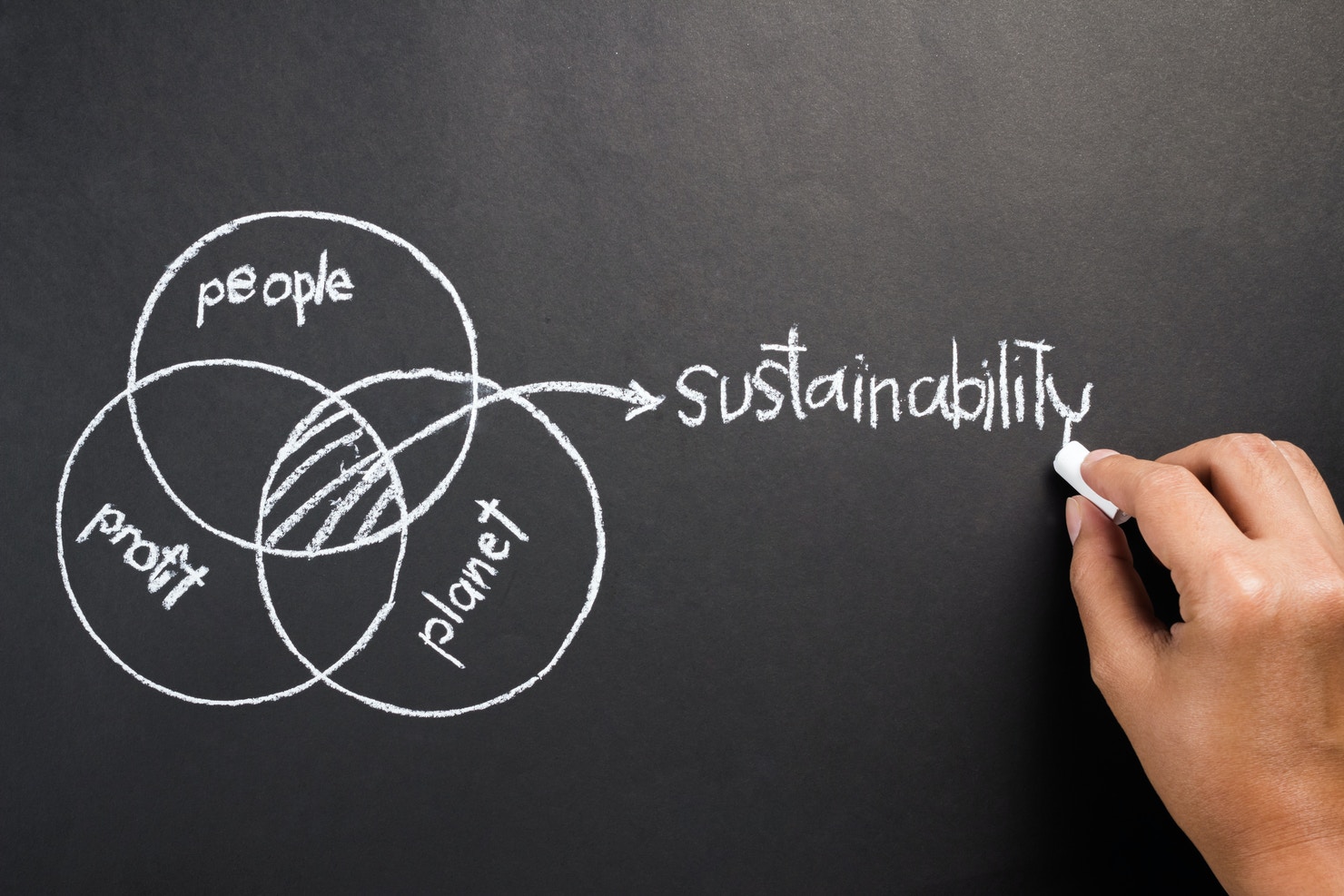The COVID-19 crisis has been an unprecedented human tragedy and our thoughts go to all who are being impacted with this awful virus on a day to day basis. Our new heroes now really are the frontline workers, putting their lives at risk every day to keep us safe. Our parent’s generation spoke of living during the Emergency – this is our turn at living during a real emergency too and it is interesting to reflect on how we are dealing with it.
As business leaders, we have taken a lot of actions that have evolved from initially ensuring the safety of staff, to protecting our businesses and livelihoods in the business during the greatest economic downturn since the great depression. It would be a shame to just wait for the upturn and jumping headlong into scrambling for recovery without first asking what lessons can be learned and considering questions that should be addressed in determining what our collective approach to the next phase of social and economic life should be.
Speed of decisions has never been faster at every level from government to individual organisations. The principle of not letting perfection get in the way of progress has never been more evident and that is to be welcomed. This has been complemented with a massive demonstration of what is possible when there is a collective national will with competent leadership. Look at how a new health ecosystem has emerged in days, how the public responded to initiative and lent their support, both practical and morally to a collective end game.
The world is still not equal
COVID-19 has not been the great leveller. Commentators have stated that COVID-19 has been the great equaliser and using examples such as Boris Johnson’s hospitalisation with COVID-19 of how everyone can be affected equally. However, that is not the case – I’m sure Boris’ experience during and in recovery is very different to a family in a small apartment with not enough space to allow a real form of social distancing necessary to protect mental health.
The same principle applies to businesses. Tough decisions have been taken across the board but depending on the individual business the consequences of those decisions for both the business and the respective employees can be very different. I have seen examples where cash-rich businesses have acted quickly and rightly helped staff by paying bonuses early to help families whose income has been reduced, paying generous amounts to help equip homes for home working & schooling, and encouraging employees to use their expense accounts to buy meals in local restaurants to help the local business. All very laudable and the pity is that every business can’t do this.
We should still aim to treat everyone equally
All of this shows that not all employees have been (or can be) treated equally. No business has been affected equally as the impact varies so hugely by sector. That is understandable, but perhaps more concerning is the fact that not all businesses have been treated equally when it comes to government supports. Maybe they cannot be, but it does beg the question as to whether future policy about the range and extent of supports can or should be distributed more broadly or fairly. A lot of Irish economic policy has been focused on inward investment and the export-oriented, high tech and innovative sectors. This policy is correct and successful and should be lauded but it shouldn’t be the exclusive cohort when supports are required in a time of crisis. Indigenous businesses have been impacted too and they employ lots of people and shouldn’t be ignored when supports are being developed.
There will be a long tail to this recovery
We are in the middle of dealing with the crisis both public health and economic. We have broadly flattened the curve. This is only stage one. Once relaxations of restrictions start some form of business activity will resume and we will enter the “Recovery” period. This economic impact will have a long tail and vary hugely by sector. Recovery will be similarly very different by sector and the pace of recovery will range from immediate to perhaps not at all for certain businesses in certain sectors. This will be the trigger to the third phase of the impact of Covid19 on economic activity, which will be the “New Business Model” creation stage. Some traditional business models may not be possible in certain sectors, for example, protracted social distancing and its impact on some restaurants & bars or an ongoing ban on international travel on tourism.
New businesses models will have to be created and this is where the perennial spirit of entrepreneurism and innovation will emerge and create new employment and opportunity. This is to be encouraged and supported both financially and morally. Funding needs to be deployed to the new business models necessary rather than just the unfortunate casualties of the crisis, particularly where in all likelihood the world we knew will not be the same again. While many generations of business people have shown an ability to respond and adapt to create opportunity, it is imperative that both the political establishment and the regulatory environment need to be respectively ambitious and flexible and dynamic to accommodate this new normal.
Keeping the lights on in the economy is important
As economic activity has declined, we have seen a huge reduction in energy demand from businesses across the country. The reduced economic activity and energy demand has also caused a remarkable reduction in CO2 emissions and pollution generally. We’ve all seen the stories of the aqua life in the canals in Venice and the fact that the Himalayas can be seen from parts of India for the first time in 30 years. Locally, we have all been walking and enjoyed the quietness and remarked at the noise and beauty of bird song. This demonstrates both the benefit from environmental improvements and equally highlights the damage that has been caused by the global population and economic activity. Is this a version of utopia? No, it is existing because of the lack of economic activity. The reality is we cannot survive without economic activity. The challenge for us all is to determine what is the appropriate response and balance of economic activity necessary to maintain our environment and protect the planet. I think we would all agree that there are positives from the approach to life we have all been forced to live for the last number of weeks.
While it hasn’t been easy, have we the ability to take the lessons and positives or will we revert to mass economic activity in the way it was before we even heard of the Coronavirus?

Remote working is here to stay
One of the major adjustments has been to travel and our approach to our working lives. We have learned how to work remotely at an exceptionally fast pace. Remote working has progressed forward by about 7 years over the last 6/7 weeks. This should be embraced by business and we for one in Pinergy will be less focused on a centralised work structure that has many of our team commuting unnecessarily for so long each day. This is a lesson we will learn and adapt our travel patterns accordingly going forward. The same principle applies to travel generally and to air travel especially. We do not need to travel as much.
Less commuting will mean less carbon
This will have a benefit for individuals and their health (mental and physical) and for us all collectively through less man-made congestion and pollution with the consequent CO2 emissions. The benefit here can be accrued through us all as individuals, as business leaders collectively deciding to make changes or allowing what will be a demand for change to happen. Maybe we don’t need the M50 to be widened or replaced or that extra runway – use the technology that already exists that we have had a crash course to learn over the last few weeks. Pinergy, for one, will be intensifying our efforts to deliver our services in a more sustainable way.
Investing is the only option
Getting society going again has to be the first priority. An integral part of that is getting the economy and business going again. Austerity won’t work this time! Investment is required to stimulate the economy. Various sectors and interest groups will have their own view of where this investment should be directed. A lot of money will be borrowed or grant-aided for a very long time. I call on Government to include sustainability projects as part of the economic recovery now. These projects will be required at some stage. Let’s do them now, earlier when we have to borrow lots anyway and start investing now and constructing the infrastructure to a more sustainable energy system and way of life generally. Never waste a good crisis – let’s use this one to give a proper kick start to future sustainability.
Making the right choices now will have positive longer-term consequences
Oil prices are down to historical lows due to lack of activity and trading positions. Stocks are being built up so projections suggest low oil prices for some time, gas is already at low levels which will work themselves through to retail electricity prices. While good news for the consumer it may be a threat to a consensus move towards clean energy and renewables. What do we do if the price of oil-based electricity generation goes below renewables or less CO2 emitting fuel sources? If cost alone drives our decision making, the long term good may be overlooked, perhaps inadvertently. Now is a time to keep an eye on the prize of sustainable energy sources as the norm for future generations. Don’t let short term distractions (or cost opportunities) get in the way.
Using the right data to aid decisions
My final point relates to the importance of data. Last week we issued a demonstration of how we are using energy differently at home during the crisis. This data will inform future policies and new electricity products for our customers. Data is vital in the journey to optimize energy usage in our businesses and homes. Data enables knowledge, which can provide control. This is the key to energy efficiency.
We are living in truly extraordinary times. It will be a time we will never forget for lots of reasons, but it can be a point where we pivot our lives, our businesses and our countries to making the right decisions to protect the world around us like we have protected each other. Stay safe and well. We look forward to working with you in the coming months as we begin the recovery phase.


